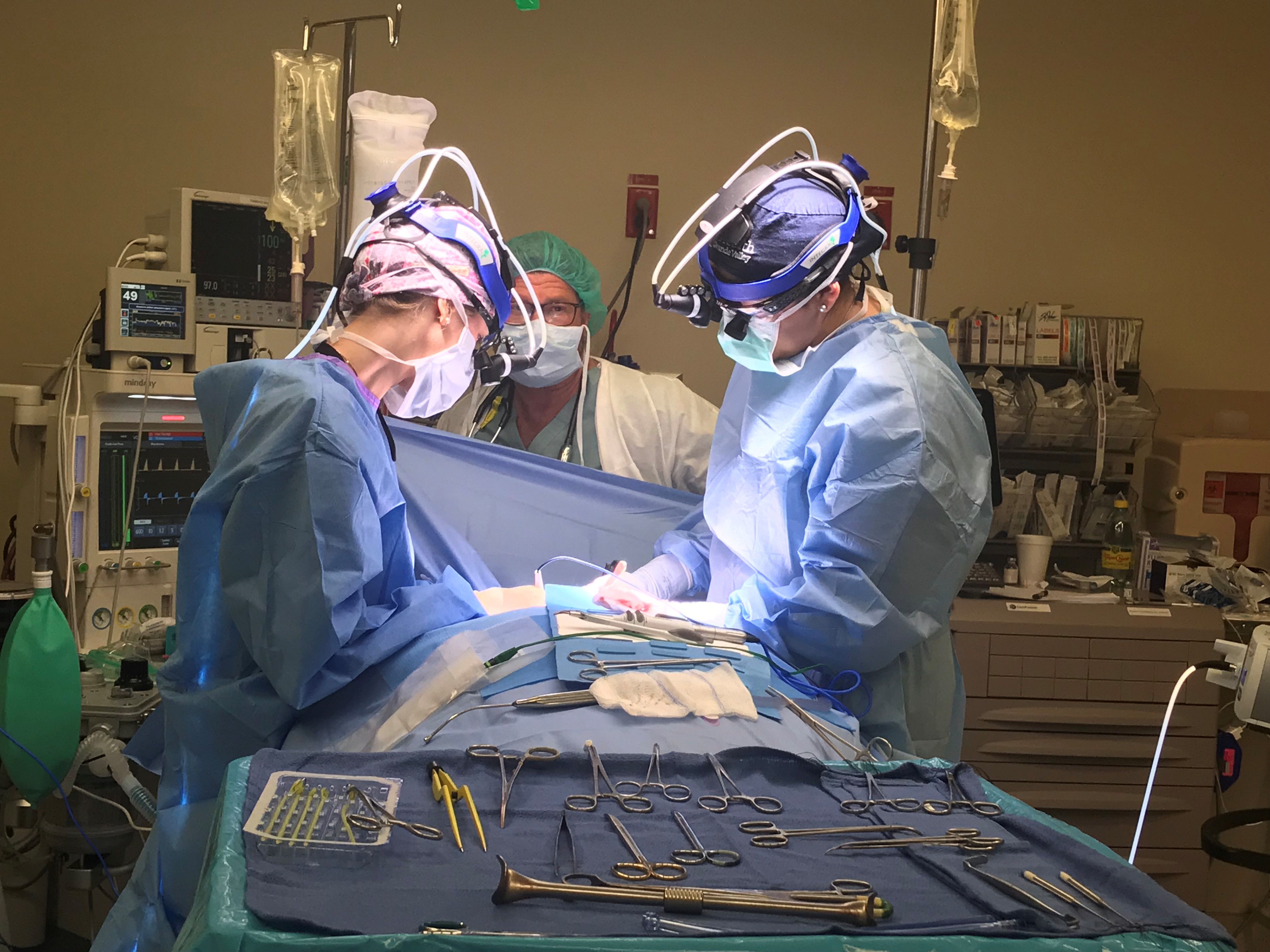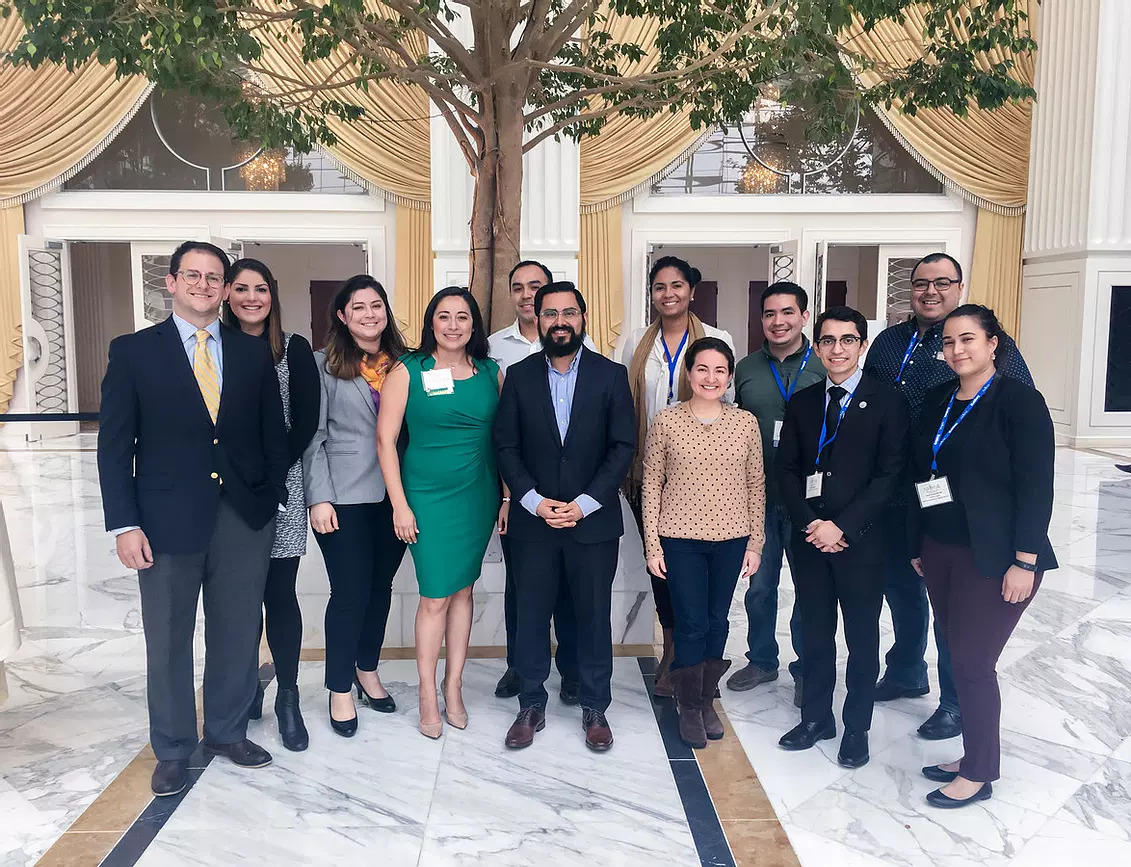Those of Asian or Indian descent, for example, aren't URMs in surgery. Can URMs look to these other minority groups, see what worked for them, and apply it to their own race/ethnicity?
Certainly. We definitely see there has been a growth in the number of Asian Americans represented in surgical faculty. By numbers alone, you would think they've had tremendous success and are actually considered overrepresented in medicine and in surgery. But they are, unfortunately, subject to a lot of the same issues of implicit bias and underrepresentation in other categories. For example, when you look at leadership, despite certain achievements and a higher number of people of Asian descent, you're not seeing them at the higher ranks of professorships, you're not seeing them across leadership in surgical societies.
There are organizations that have tried to tackle these issues. I'm part of the The Association of Women Surgeons (AWS). The organization has had tremendous success in helping women achieve a voice at the table in the creation of programming that helps mentoring, that helps women get promoted.
The Society of Black Academic Surgeons is specifically aiming at getting black surgeons into academic positions and to help provide career development opportunities. More recently, the Society of Asian Academic Surgeons has been established. The newest organization is the Association of Out Surgeons and Allies, which aims to address issues for the LGBTQ community.
These organizations are working in conjunction with other surgical societies to help underrepresented groups achieve the success they should be achieving. The Latino Surgical Society has collaborated with these organizations. We are working on developing joint programming and opportunities to mitigate some of these hardships. We know we're all facing the same challenges, so we're trying to not duplicate or reinvent the wheel, so to speak.
Tell us more about the Latino Surgical Society and what you've accomplished since its founding in 2017.
We've created a variety of opportunities that included networking opportunities, where we would meet at surgical meetings, have a prominent surgeon deliver a talk to address that factor of lacking role models and mentorship, and lacking that peer-to-peer colleague environment. We worked with the AWS to create an award that was inaugurated in 2020 and adopted by several of the other organizations I mentioned earlier.
We've created opportunities for members to attend events such as the AWS annual conference and the American College of Surgeons scientific meeting. We were able to support 16 medical students and residents to attend the AWS conference, which was held virtually in 2020. These were opportunities for people to attend a conference to which they otherwise probably could not have gone, and they were able to benefit from the programming and the mentoring that is traditionally offered at these meetings.
We've created opportunities for people to join the editorial board of The American Journal of Surgery, which we've now partnered with to provide more diversity of the editorial board and among the surgical professionals who are reviewing articles to be published. These are the kinds of higher positions that will help people develop their CV, so when they're being reviewed for promotion, they can say they're involved in this side of academics.
We hosted a two-day surgical symposium on Latino health in 2019 in San Juan, Puerto Rico, where various speakers in a variety of disciplines addressed health issues faced by Latino communities. We created these opportunities to address specific topics that are relevant to our patients, to our callings and, frankly, personally to our families and friends. Over the past year, during COVID, we developed a series of webinars called Inside the Operating Room, where we invited Latino surgeons to share their stories. These have been very well-received. We have a wide range of audience that includes premedical students, medical students, residents and fellows, as well as faculty at all levels that are tuning in and listening to how other people have gone on to build successful careers.
.svg?sfvrsn=be606e78_3)


.svg?sfvrsn=56b2f850_5)